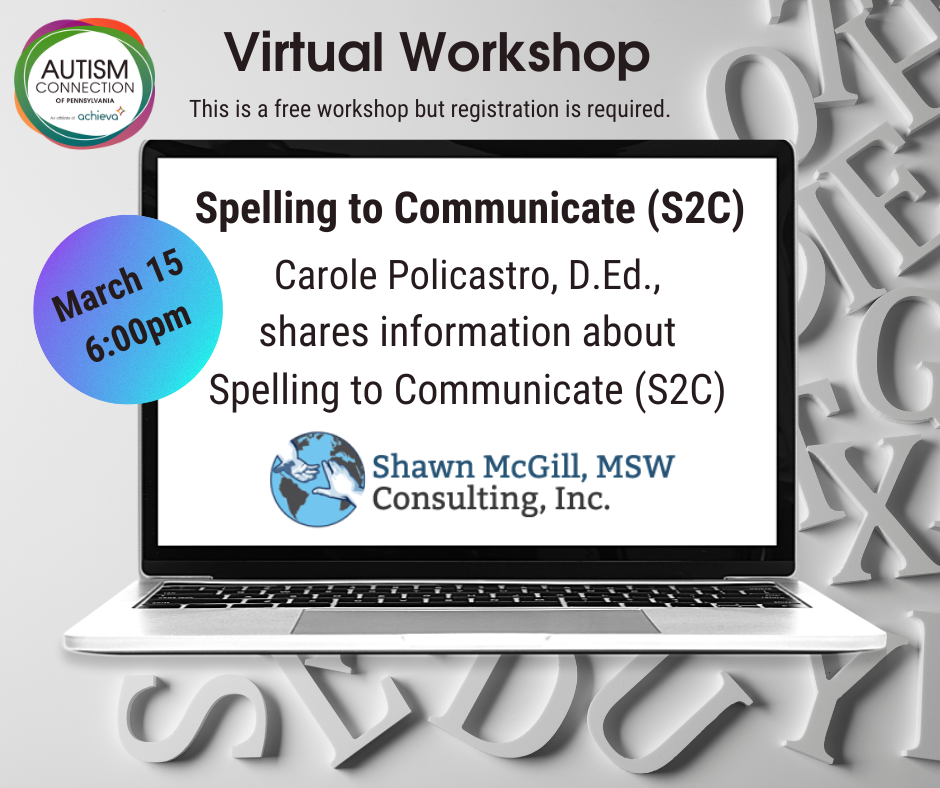Thanks to our great support network we were able to do a quick turnaround and prevent the likely loss of a career for someone who recently reached out to us for help. We were so grateful for all the forces that combined and allowed us to be our mission of “a lifeline of support.”
M. had been “in love” with a young person they met over ten years ago. While they never had an in-person dating relationship, a heart was captured and imagination took over. Sending poems, emails, texts, flowers, candy, and more, can be lovely gestures when welcomed, but wound up being scary and threatening to the love interest who did not welcome them. Finally, a protective order was filed in an out of state court. The first order covered 24 hours, the second, two weeks, and three business days following our first call with the accused, the court would hear and see evidence to produce a two-year Protective Order which would have cost our new client their job.
Hearing someone so distraught, tearful, hopeless, and being baffled by this turn of events kicked us into high gear. This college educated professional was stuck in emotions and had no idea what to do, nor if they needed to appear in court despite simple court paperwork clearly stating they needed to attend in person. There was no plan, no lawyer, no defense strategy, and only three days plus a weekend to work with. Fortunately, this person immediately reached out to and signed up with both referrals we provided, one being a defense attorney licensed in the state of the proceedings, and the other, a therapist who provides services for those in the justice system. We owe a debt of gratitude to board trustee Tiffany Sizemore who provided the out of state referral, and to Shawn McGill who immediately took the call and offered his professional help.
The judge heard both sides of the case in great detail on the day of proceedings, taking autism into consideration but not focusing on it. And much to the surprise of most involved, including the defendant’s attorney, the judge did not place our client under a Protective Order because he did not hear criminal intent nor malice, and believed the testimony that they were moving on permanently and would never contact the plaintiff again.
We talked that night after it was all over, and I asked a question I have often thought about. “What rules did you follow that you learned growing up as a kid that may have led to trouble in this situation?” And right off the bat the answer was “Follow your heart. And if you work hard enough, you can achieve anything!”

Now, that last one is not true for any one of us! And while we routinely use phrases like these, they can lead some to overly apply them very literally and not know when to change course. Positivity is sometimes helpful but it can become toxic. So please consider the individual when you use encouraging words. We were lucky in timing and that we know the best network of helpers, but this was such a close brush with disaster that the client wanted us to teach with this story. In their own words spoken the night after things cleared up, “I just want to give presents to everybody who helped me. And I am a first grader in terms of dating – I was in love with a mirage! I ‘m definitely going to do the counseling too. But overall I want to tell this story and help make sure this never happens to anyone else, ever again!”











